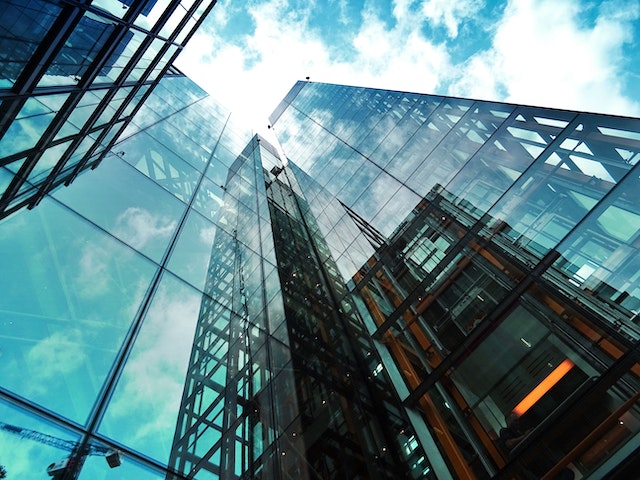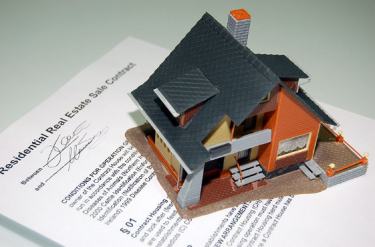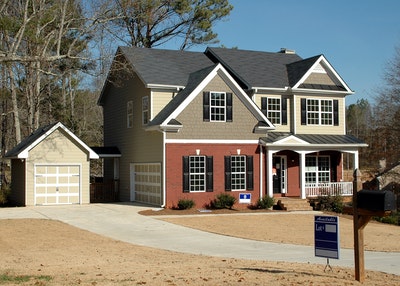6 Tips to Lease Commercial Real Estate

We’re all familiar with situations where we were compelled to lease commercial real estate. Leasing commercial real estate can be an effective way of monetizing your assets while keeping costs low simultaneously.
The benefits are many: you get access to capital with negligible risk and avoid having to redevelop or renovate old buildings.
Commercial real estate is a broad term for any property or space used for commercial purposes, including offices and retail stores. In the world of leasing, this includes office properties alongside industrial and retail buildings.
Looking to lease commercial real estate can be a daunting process. There are various factors to consider and many different leases to choose from amidst all the enticing ones.
However, if you follow these tips, you will be able to lease your new space successfully:
1. Get Professional Advice
Through expert consultation, you can successfully lease commercial real estate. You can get professional advice from a real estate broker or online through a real estate manager.
Finding a commercial real estate broker can be challenging. You want to ensure that you are working with someone possessing experience in your industry and an understanding of your business type. When looking for a broker, look at their history and references from past clients.
You can try LeaseAccelerator’s real estate manager to help you find, lease, and manage commercial real estate.
It is a powerful tool for property owners and tenants alike, as it allows you to search for space on the market from anywhere in the world and even negotiate directly through the platform itself. It also ensures compliance with ASC 842 and IFRS 16.
2. Find the Right Commercial Property
Finding the right commercial property is one of the most important parts of leasing a new space. It’s imperative to ensure that you are getting what you need and that it fits into your business plan.
There are several essential factors to consider when searching for commercial property:
- Rentable area
- Look out if there are any shared areas
- Property occupation date
- Lease tenure and start date
- Location of lease property
- Amenities
- Maintenance costs
- Set Your Commercial Real Estate Parameters
You must define your requirements and business goals and review how much you need for each, including mapping out the physical areas needed to achieve each goal.
On the other hand, if you are looking forward to opening a shop elsewhere but do not want any extra costs associated with buying new equipment or furniture yet.
You may instead opt for renting temporary office suites until everything is ready for permanent use (which could take years).
3. Review Your Business Space and Budget
Before looking for commercial real estate, review your business space and budget. It will help ensure that the space meets all your needs.
- Know what you want in a location: For example, if you want to be near public transportation or have access to other amenities like schools or parks, this may affect how much money is needed for leasing commercial real estate. It is also wise to research neighborhood demographics before making any decisions.
- Know how much space is available: If there is not enough space around or it might be used to construct new buildings, things can get tricky quickly. Make sure that whatever deal comes through has adequate square footage so everyone gets what they need without having any issues later down the road when trying to sell/lease back out again.
4. Calculate All Your Costs
Calculate all your costs, including those not explicitly mentioned in the contract, such as legal, accounting, and appraisal fees (if applicable).
- Rent: This is the biggest expense in a lease and can make or break your deal with a property owner. Try to find an office with lower rent than what you are paying now, but do not forget to factor in any leases that may have been signed before yours came up for renewal. If you are leasing space that needs renovation or other improvements, it’s best to include those costs when calculating rent.
- Utilities: It is important to know what utilities cost per month and how much they will increase each year. The easiest way of figuring out this is by looking at past bills. If they stay consistent over time, then there is no reason they would suddenly spike after signing a new lease agreement. But if they have gone up lately, it could signal something alarming.
- Explore Your Options and Make Comparisons
Explore your options by looking at nearby commercial properties available on short notice to lease if needed in a pinch.
Get a feel for the area, including its demographics and economic factors like average income levels and job growth rates. Research the market and your competitors. Most importantly, find out what is available in terms of space, rent, and costs, as well as other factors like parking or amenities.
Compare the rate at which you can lease your property against other equivalent properties in the area and your industry average.
You should also ensure that you are getting this rate by comparing it with the average for your type of business and ensuring that no one else is offering better terms than what they are charging you.
5. Review the Contract and Negotiate
Before signing a lease, reviewing the contract and ensuring you understand every component is important. Ensure you understand what it entails alongside your rights and responsibilities as a tenant.
The lease should also include all applicable terms and conditions, including any special provisions for tenants, such as rent increases or late fees.
For example: Do they include any individual property insurance? How many days are included in the term? What happens if you miss one month’s payment without explanation? Will your tenant manage to pay for utilities during this period if there is an electricity outage due to a natural disaster?
It is important to negotiate the best terms and conditions for your property and ensure you get the most value for your investment. If a deal is not right for you, do not hesitate to walk away.
6. Discuss the Renewal Terms
You should negotiate renewal terms at the same time as you negotiate your initial lease. Depending on what you need to run your business successfully, you may want to ask for a shorter or longer lease.
If there are any other issues related to renewals and extensions (for example, if there is an early termination fee), these should also be included in writing.
Conclusion
We hope this article has been helpful to you in your journey to lease commercial real estate. Many critical factors can contribute to the success of your business, including location and market dynamics.
Remember, the key to success is getting a great deal and ensuring everything is covered in the lease agreement in black and white.






